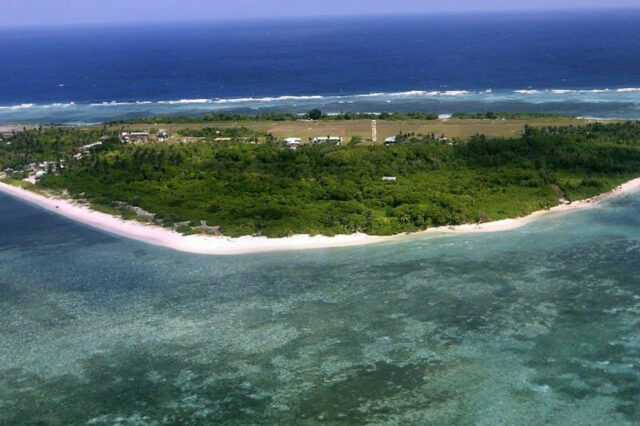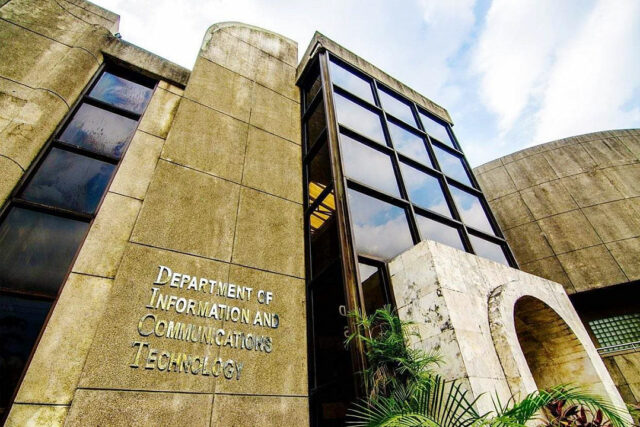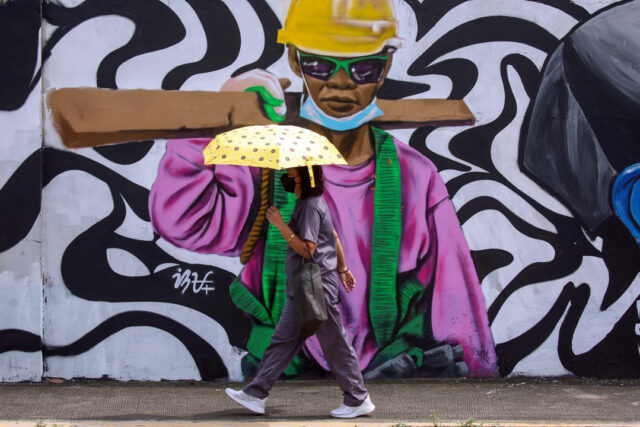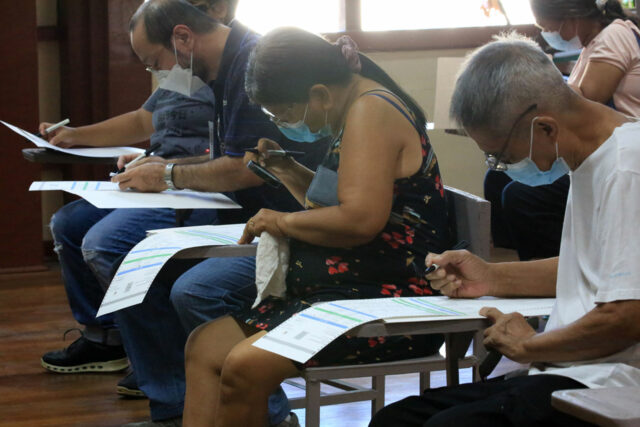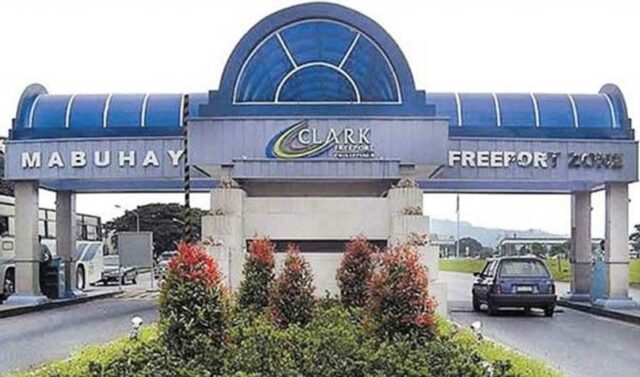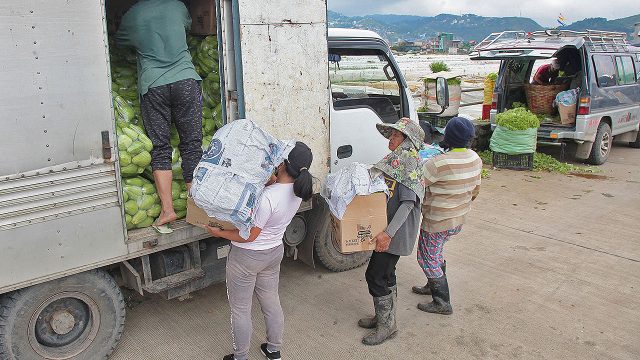Philippines says ship did not intrude into Scarborough Shoal
By John Victor D. Ordoñez, Reporter
THE PHILIPPINES on Thursday said it did not intrude into China’s territory when its military ship patrolled waters near Scarborough Shoal in the South China Sea on Monday.
“It is China that is intruding into Philippine waters,” the Department of Foreign Affairs (DFA) said in a statement.
“Chinese authorities are reminded that its apparent exercise of maritime law enforcement powers, interference with Philippine vessels, harassment and intimidation of Filipino fisherfolk… are violations of international law, particularly the United Nations Convention on the Law of the Sea (UNCLOS) and the arbitral award,” it added.
The Philippines as a sovereign state does not need to seek approval from other countries when navigating its own maritime territories, DFA said.
The Chinese Embassy in Manila did not immediately reply to a Viber message seeking comment.
The DFA was referring to a 2016 ruling by a United Nations-backed tribunal that ruled China had violated Philippine sovereign rights in its exclusive economic zone by building artificial islands and failing to prevent its citizens from fishing there.
China has ignored the ruling. Aside from the Philippines and China, Brunei, Malaysia, Taiwan and Vietnam also have claims to parts of the waterway.
The Scarborough Shoal is claimed by China, the Philippines and Taiwan.
China’s military on Monday said the Philippine military ship had “illegally entered” waters near Scarborough Shoal, locally known as Bajo de Masinloc, urging the Philippines to stop its provocations.
China had mostly directed warnings over moves in the disputed water against United States warships in the region.
Meanwhile, political analysts said the growing presence of maritime vessels from Europe and Asia that seek to patrol the South China Sea with the Philippines could make China think twice about its tactics in the waterway.
“Taken together, these patrols by Europe, Canada, India, Australia, Japan, South Korea, etc. add up to a significant statement of international interest,” Raymond Michael Powell, a fellow at Stanford University’s Gordian Knot Center for National Security Innovation, said in an X message.
“That makes a difference, as China now has to consider this growing international concern when throwing its weight around against its neighbors.”
‘INTERESTING ACTOR’
Dutch Minister of Foreign Affairs Hanke Gerdina Johannette Bruins Slot told a news briefing in Manila on Monday the Netherlands plans to send a warship to patrol the South China Sea with the Philippines next year.
“Both our countries are committed to upholding the international law of the sea, that’s why we will work jointly to build capacity concerning the content and relevance of the law of the sea,” she said.
She reiterated the Netherlands’ support for the 2016 ruling, which voided China’s claim to more than 80% of the South China Sea.
“As a major trading nation, Amsterdam has an abiding interest in freedom of navigation of global critical passageways like the South China Sea,” Lucio B. Pitlo III, a research fellow at the Asia-Pacific Pathways to Progress Foundation, said in a Facebook Messenger chat.
He said the Netherlands is known for shipbuilding, adding that cooperation in this area could help the Philippines improve its maritime security.
“In addition, Rotterdam is one of the world’s biggest and busiest container ports, making the Netherlands a capable partner in modernizing Philippine port operations,” Mr. Pitlo added.
The Netherlands’ stance on the sea dispute is consistent with the positions of other European powers such as the United Kingdom and France, Aaron Jed Rabena, who is also a research fellow at the Asia-Pacific Pathways to Progress, said in a Messenger chat.
France and the UK have expressed support for the 2016 ruling that favored Manila, calling on China to abide by the United Nations Convention on the Law of the Sea.
“It still depends on where the Dutch ship will be in traversing the South China Sea, but this will give a signal to the Chinese that the South China Sea is becoming more militarily internationalized,” Mr. Rabena said.
“Bringing in the Dutch would be an interesting actor especially as they do not share negative neocolonial baggage compared to America,” Hansley A. Juliano, a political science lecturer at the Ateneo de Manila University, said via Messenger chat.
“Our relationship with the Netherlands is much defined by our migrant community there.”
The Philippines on Oct. 23 filed a diplomatic protest against China and summoned its envoy in Manila after its ships collided with Philippine vessels on a resupply mission to Second Thomas Shoal.
China Coast Guard vessel 5203 collided with an Armed Forces of the Philippines-contracted indigenous resupply boat 13.5 nautical miles (25 kilometers) east-northeast of BRP Sierra Madre, the National Task Force for the West Philippine Sea said on Oct. 22.
A Chinese maritime militia vessel had also bumped a Philippine Coast Guard patrol vessel that was escorting the resupply mission about 6.4 nautical miles northeast of the shoal, it said.

